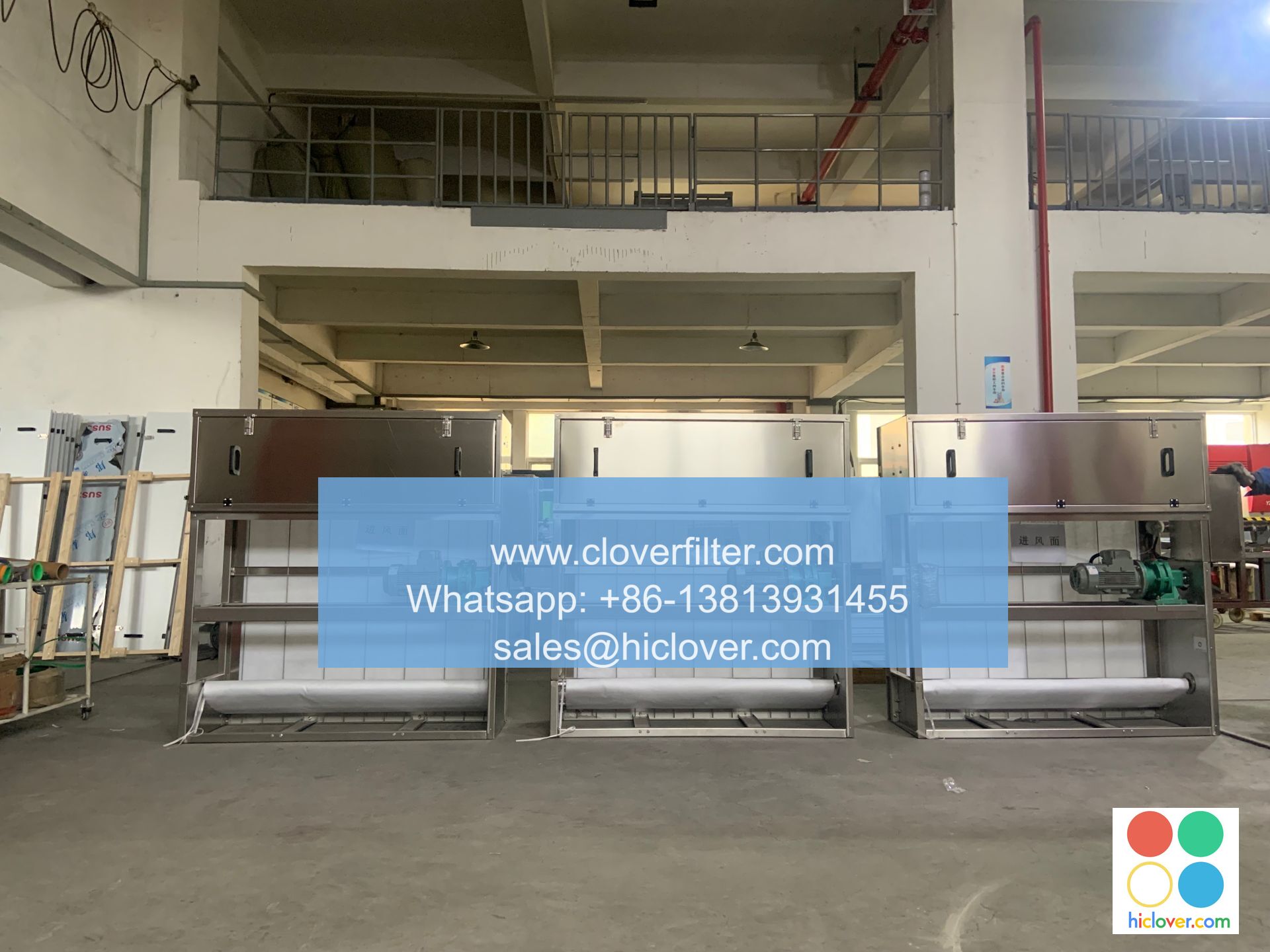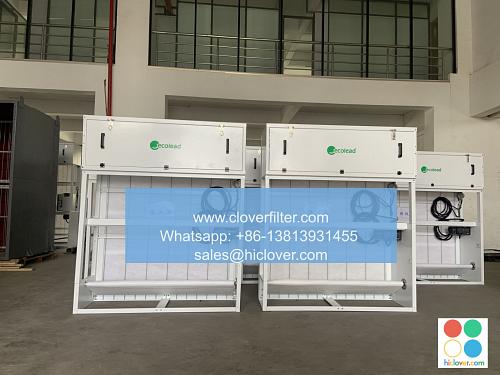Real-Time Air Filter Customer Service Optimization through AI-Fueled Prediction

The integration of Artificial Intelligence (AI) and Machine Learning (ML) in customer service has been a game-changer for various industries, including the air filter sector. Real-time air filter customer service optimization through AI-fueled prediction is transforming the way companies interact with their customers, providing personalized and efficient support. In this article, we will delve into the world of AI-driven customer service optimization, highlighting its applications, benefits, and future prospects.
Understanding the Power of AI-Fueled Prediction
AI-fueled prediction involves the use of advanced algorithms and data analytics to forecast customer behavior, preferences, and needs. By analyzing vast amounts of data, including customer interactions, purchase history, and product performance, AI-powered systems can predict potential issues and provide proactive solutions. This approach enables companies to stay ahead of the curve, addressing customer concerns before they escalate into major problems.
Application Areas for Real-Time Air Filter Customer Service Optimization
The applications of AI-fueled prediction in real-time air filter customer service optimization are diverse and far-reaching. Some of the key areas include:
- Predictive Maintenance: AI-powered systems can predict when air filters need to be replaced or maintained, ensuring optimal performance and minimizing downtime.
- Personalized Recommendations: By analyzing customer behavior and preferences, AI-driven systems can provide tailored recommendations for air filter products, improving customer satisfaction and loyalty.
- Proactive Issue Resolution: AI-fueled prediction can identify potential issues with air filters, allowing companies to proactively address problems and prevent customer complaints.
- Smart Home Integration: AI-powered air filter systems can integrate with smart home devices, providing real-time monitoring and optimization of indoor air quality.
- Energy Efficiency Optimization: AI-driven systems can optimize air filter performance to minimize energy consumption, reducing costs and environmental impact.
- Improved Customer Satisfaction: AI-driven systems provide personalized and proactive support, resulting in higher customer satisfaction and loyalty.
- Increased Efficiency: Automated systems and predictive maintenance reduce the need for manual intervention, minimizing downtime and increasing productivity.
- Cost Savings: AI-fueled prediction and optimization can reduce energy consumption, minimize waste, and lower maintenance costs.
- Enhanced Competitiveness: Companies that adopt AI-driven customer service optimization can differentiate themselves from competitors, establishing a leadership position in the market.
- Integration with Internet of Things (IoT) Devices: The increasing adoption of IoT devices will enable more seamless integration with air filter systems, providing real-time monitoring and optimization.
- Use of Natural Language Processing (NLP): NLP will enable more effective communication between customers and AI-powered systems, improving customer support and experience.
- Adoption of Edge Computing: Edge computing will enable faster processing and analysis of data, reducing latency and improving the overall performance of AI-driven systems.
Benefits of Real-Time Air Filter Customer Service Optimization
The benefits of real-time air filter customer service optimization through AI-fueled prediction are numerous. Some of the key advantages include:
Future Prospects and Emerging Trends
As AI technology continues to evolve, we can expect to see even more innovative applications of AI-fueled prediction in real-time air filter customer service optimization. Some of the emerging trends and future prospects include:
Conclusion
Real-time air filter customer service optimization through AI-fueled prediction is transforming the way companies interact with their customers. By leveraging advanced algorithms and data analytics, businesses can provide personalized and efficient support, improving customer satisfaction and loyalty. As AI technology continues to evolve, we can expect to see even more innovative applications of AI-fueled prediction in the air filter sector, driving growth, competitiveness, and sustainability.
You haven’t asked a question or provided any context. What would you like to talk about?

